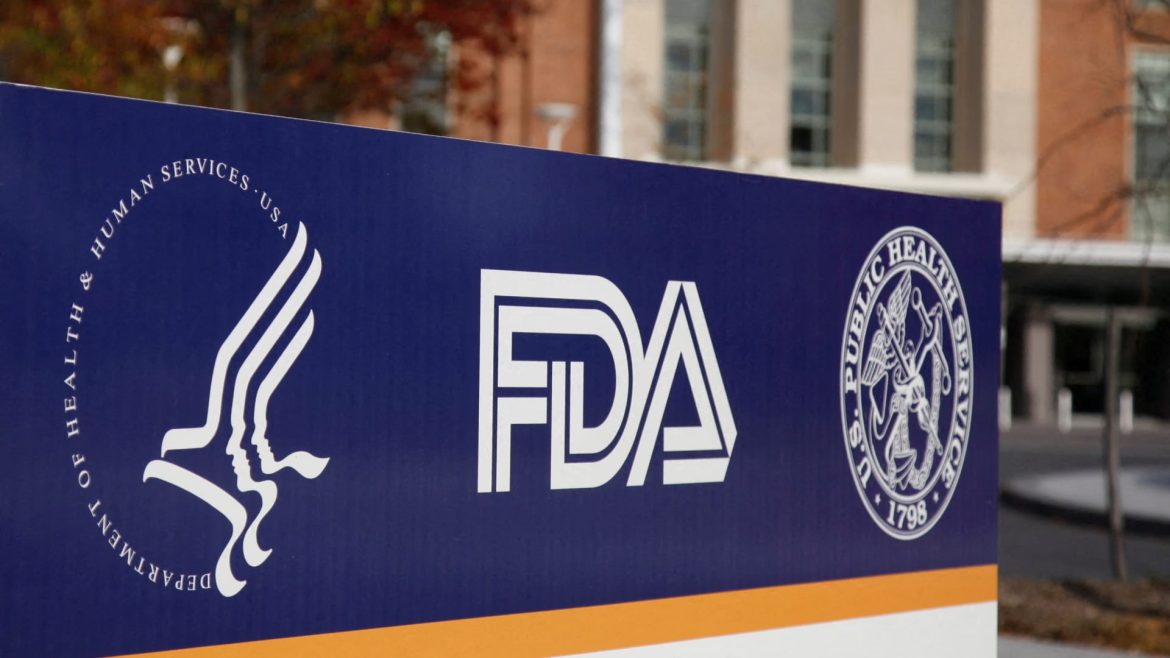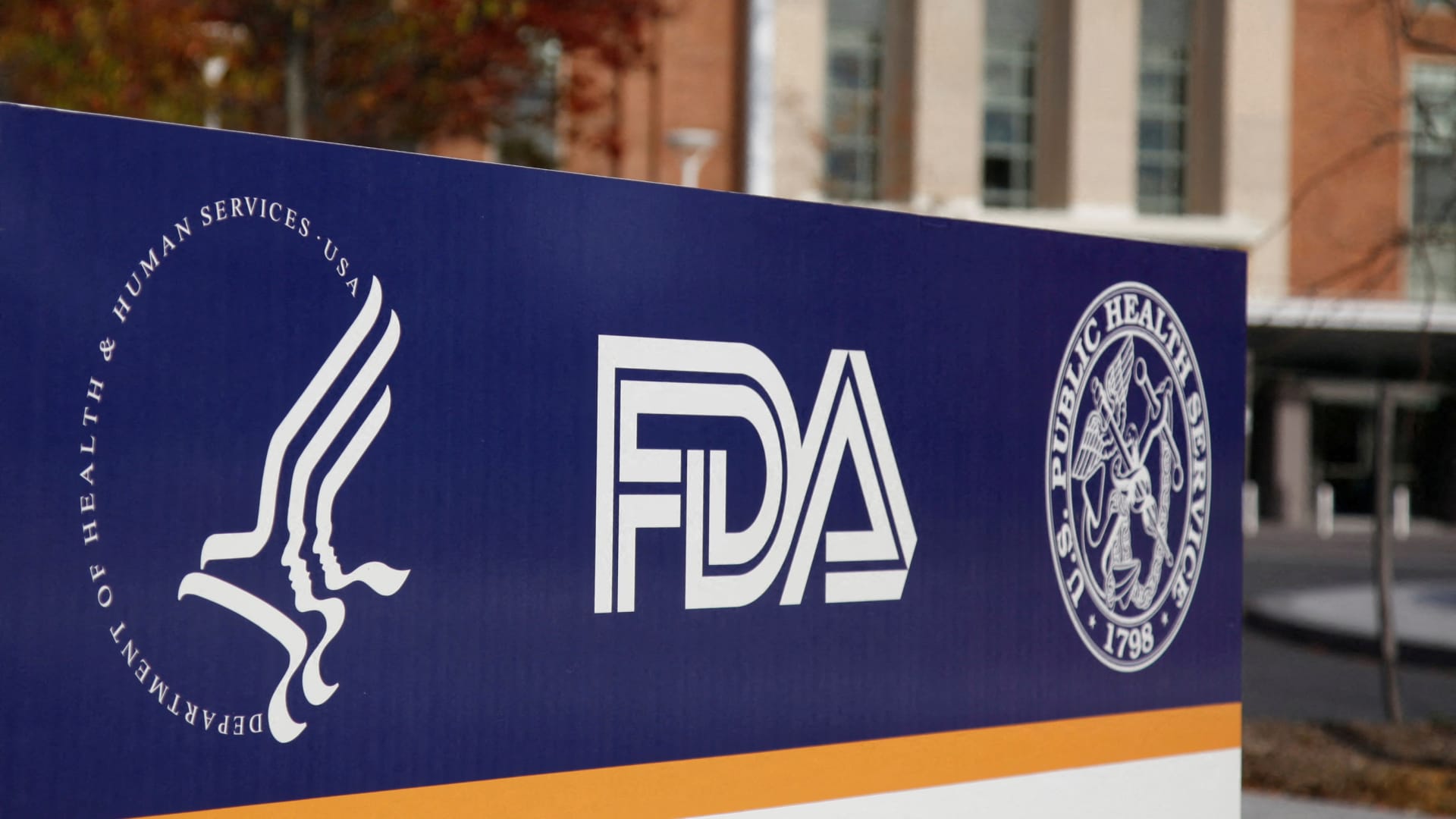The Kennedy-Trump FDA: A Clash of Visions and Consequences
Introduction: A Political Earthquake
The political landscape has been reshaped by an unexpected alliance: Donald Trump’s second term and his bold decision to empower Robert F. Kennedy Jr. (RFK Jr.) on health policy. This alliance has sent shockwaves through the Food and Drug Administration (FDA) and the broader pharmaceutical and biotech industries. With Trump giving Kennedy the green light to “go wild,” the FDA, an agency already navigating complex scientific and political terrain, faces unprecedented uncertainty. This report delves into the key appointments, potential policy shifts, and the ensuing reactions from both within and outside the agency.
The New Leadership: A Delicate Balance
RFK Jr.: The Maverick
RFK Jr.’s appointment as a key health policy advisor is a move that has raised eyebrows across the political spectrum. Known for his skepticism towards vaccines and the pharmaceutical industry, Kennedy’s views clash starkly with the FDA’s core mission of ensuring the safety and efficacy of medical products. His appointment signals a potential shift towards a more skeptical and critical approach to the FDA’s traditional regulatory framework.
Marty Makary: The Pragmatist
In contrast, the appointment of Marty Makary as FDA Commissioner brings a different perspective. Makary, a surgeon and health policy expert, is known for his pragmatic approach to healthcare. His choice of George Tidmarsh, a former biotech executive, as the agency’s top drug regulator, adds another layer of complexity. This move, intended to bring industry expertise into the FDA, may be viewed by Kennedy’s supporters as further entrenching the ties between the agency and the companies it regulates.
Vinay Prasad: The Disruptor
The nomination of Vinay Prasad, a vocal FDA critic, as the top vaccine regulator, adds another layer of complexity. Prasad’s views on vaccines and drug approvals are well-documented and controversial. His appointment suggests a willingness to consider alternative perspectives and challenge the status quo within the agency. However, it also raises concerns about the potential for undermining public confidence in vaccines, a critical tool for public health.
Potential Policy Shifts: A New Era of Regulation
Drug Approval Process: A Paradigm Shift
RFK Jr.’s influence could lead to significant changes in the drug approval process. Kennedy has expressed a desire to “untie links between industry and FDA,” suggesting a potential overhaul of the drug review process. While the current system has been credited with giving the U.S. a comparative advantage in drug development, it has also been criticized for its reliance on industry funding and influence. Kennedy might seek to disrupt this process, potentially slowing down drug approvals in favor of more rigorous safety assessments.
Vaccine Policy: A Contentious Battle
Kennedy’s views on vaccines are well-documented and controversial. His appointment has raised concerns about the potential for undermining vaccine confidence and weakening public health efforts to combat infectious diseases. The resignation of Dr. Peter Marks, a top FDA vaccine official, citing Kennedy’s “misinformation,” underscores these concerns. The FDA faces a significant challenge in maintaining public trust in vaccines while navigating the political landscape.
Regulation of Supplements: A Looming Crisis
The FDA’s oversight of supplements and herbal remedies is already limited. With RFK Jr. in charge, the industry anticipates even less regulation, potentially leading to a surge in unproven and potentially harmful products flooding the market. This raises concerns about the potential for consumers to be misled by false or unsubstantiated claims, and for the market to be flooded with unsafe or ineffective products.
Direct-to-Consumer Advertising: A Regulatory Tightrope
Kennedy has criticized direct-to-consumer pharmaceutical advertising, suggesting that news channels may be influenced by drug ad revenue in their health news coverage. He may seek to revisit guidelines for these ads, potentially restricting the industry’s ability to market drugs directly to consumers. This move could have significant implications for the pharmaceutical industry, which relies heavily on direct-to-consumer advertising to drive sales.
Internal Turmoil: The Human Cost
Employee Morale: A Crisis of Confidence
The appointment of RFK Jr. has also caused considerable turmoil within the FDA. Reports indicate that some employees are considering leaving the agency, fearing that their work will be undermined or that they will be forced to compromise their scientific integrity. The appointment of individuals with controversial views, such as Vinay Prasad, has further exacerbated these concerns. The agency faces a significant challenge in maintaining employee morale and ensuring that its scientific expertise is not compromised by political considerations.
The Supplement Industry: A Golden Opportunity
While the pharmaceutical and biotech industries brace for potential disruptions, the supplement industry sees RFK Jr.’s appointment as an opportunity to expand its reach and influence. With the FDA already limited in its ability to police the claims of health benefits made by supplement manufacturers, a more lenient regulatory environment could lead to a boom in the industry. This raises concerns about the potential for consumers to be misled by false or unsubstantiated claims, and for the market to be flooded with unsafe or ineffective products.
Trump’s Motives: Disruption and Deregulation
A Strategic Move
Trump’s decision to empower RFK Jr. may be driven by a desire to disrupt the established order and further his agenda of deregulation. Throughout his presidency, Trump has consistently criticized the FDA for its perceived slowness and bureaucracy. By placing RFK Jr. in a position of authority, Trump may be seeking to shake up the agency and accelerate the approval of new drugs and medical devices. This approach, however, carries significant risks, as it could compromise the FDA’s ability to ensure the safety and efficacy of medical products.
The Biotech Industry’s Response: A Delicate Dance
The biotech industry is actively strategizing on how to navigate this new landscape. Lobbying groups are reportedly working to influence the administration and shape health policy in a way that protects their interests. However, the industry faces a difficult challenge, as RFK Jr. is known for his skepticism towards large corporations and his commitment to public health. The industry may need to adopt a more proactive and transparent approach to address Kennedy’s concerns and build trust with the public.
The Path Forward: Navigating Uncertainty
A Delicate Balance
The future of the FDA under RFK Jr. and Trump remains uncertain. The agency faces a complex set of challenges, including maintaining scientific integrity, ensuring public health, and navigating a rapidly evolving political landscape. The key to success will be finding a way to balance the need for innovation with the need for regulation, and to build trust and transparency with both the industry and the public.
A Defining Moment
The convergence of Trump’s populist agenda and RFK Jr.’s unconventional views represents a defining moment for public health in the United States. The FDA, an agency vital to protecting the health and safety of Americans, stands at a crossroads. Whether it can successfully navigate the challenges ahead will depend on the ability of its leaders to forge a path that prioritizes both innovation and public trust. The next few years will undoubtedly be turbulent, but they will also offer an opportunity to reimagine the role of the FDA and to create a more effective and responsive regulatory system. The stakes are high, and the world is watching.





